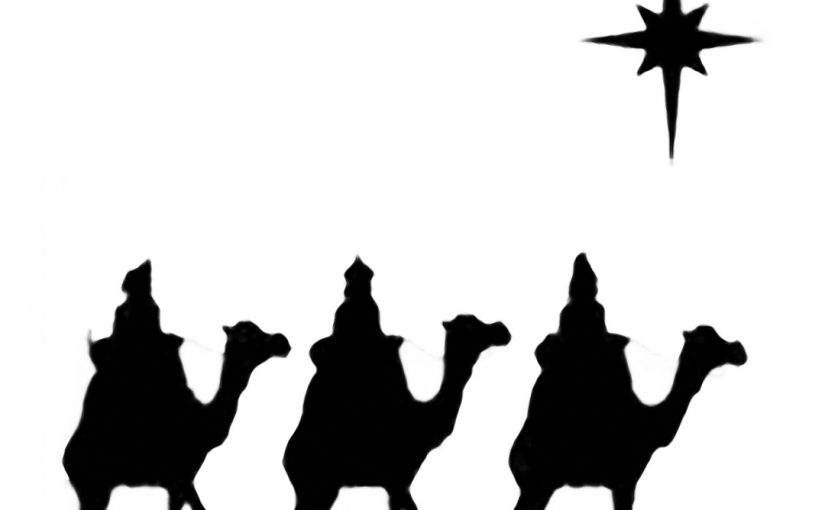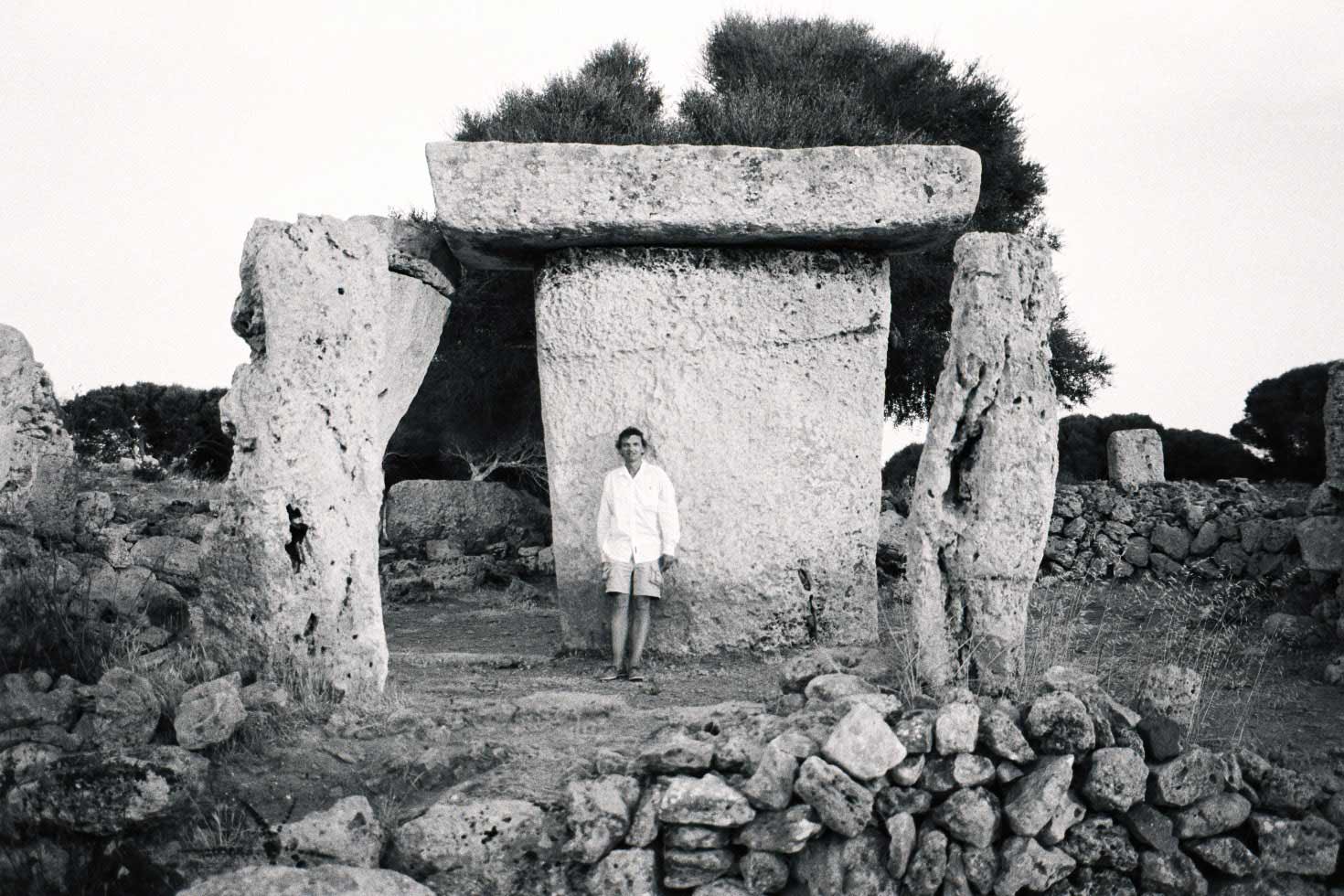-
UNE NUIT DE NOËL parmi tant d’autres

par Clotilde BERNADI-PRADAL La tradition, le rite ont la vie dure, même à une époque où tout est remis en question, et c’est assez curieux de voir comment l’homme, dans des circonstances hors du commun, s’accroche à certaines traditions qui lui servent de lien avec un passé qu’il ne saurait malgré tout renier. C’est ainsi…
